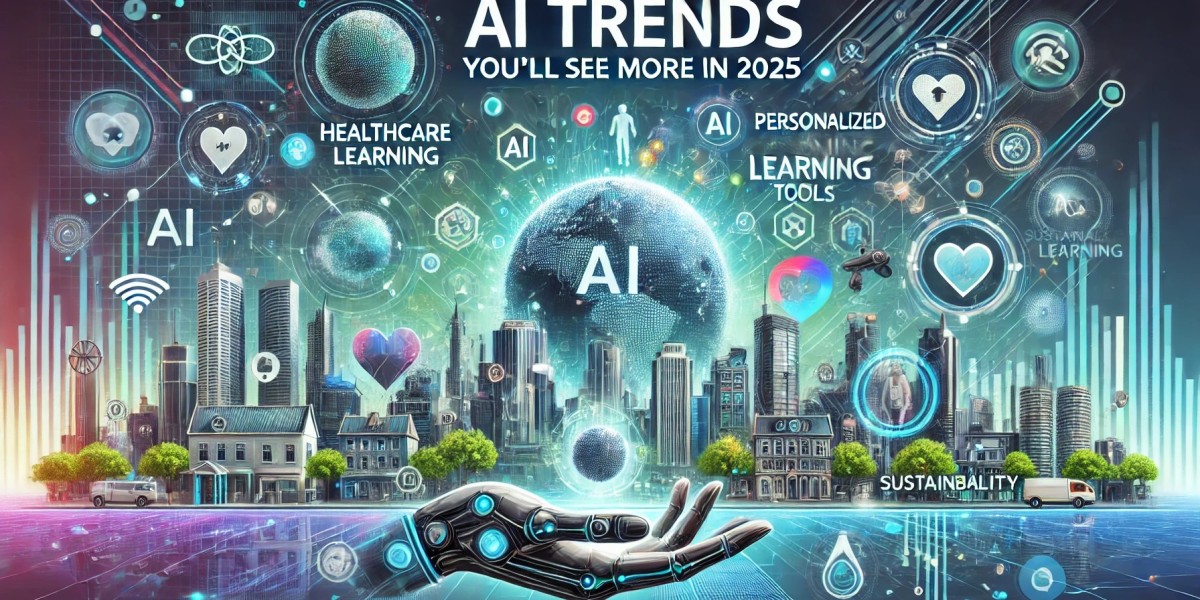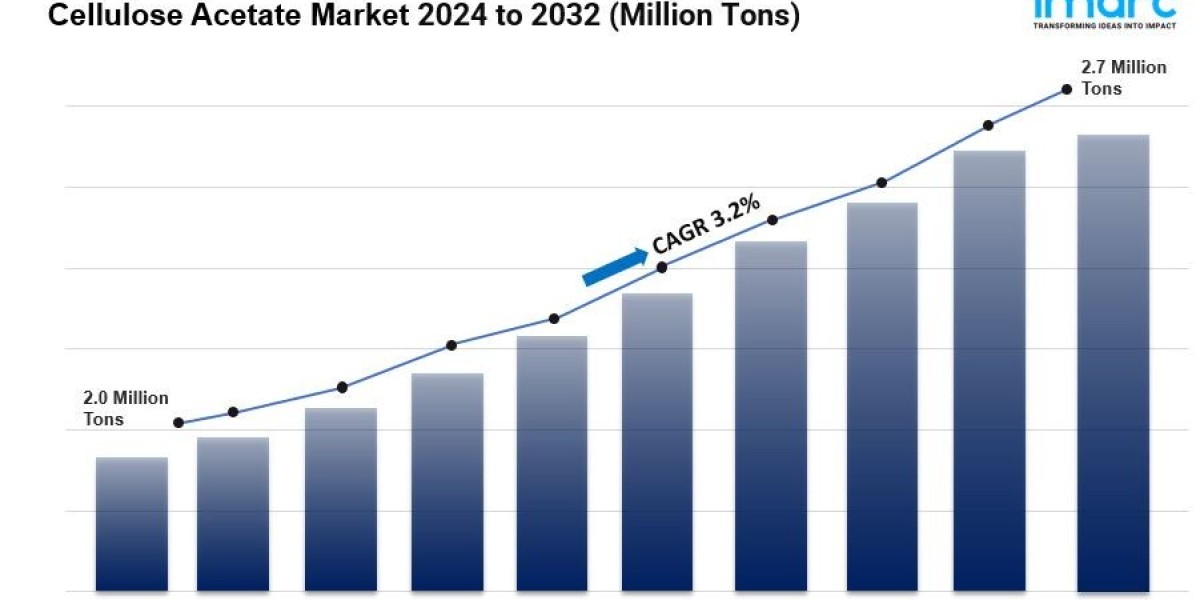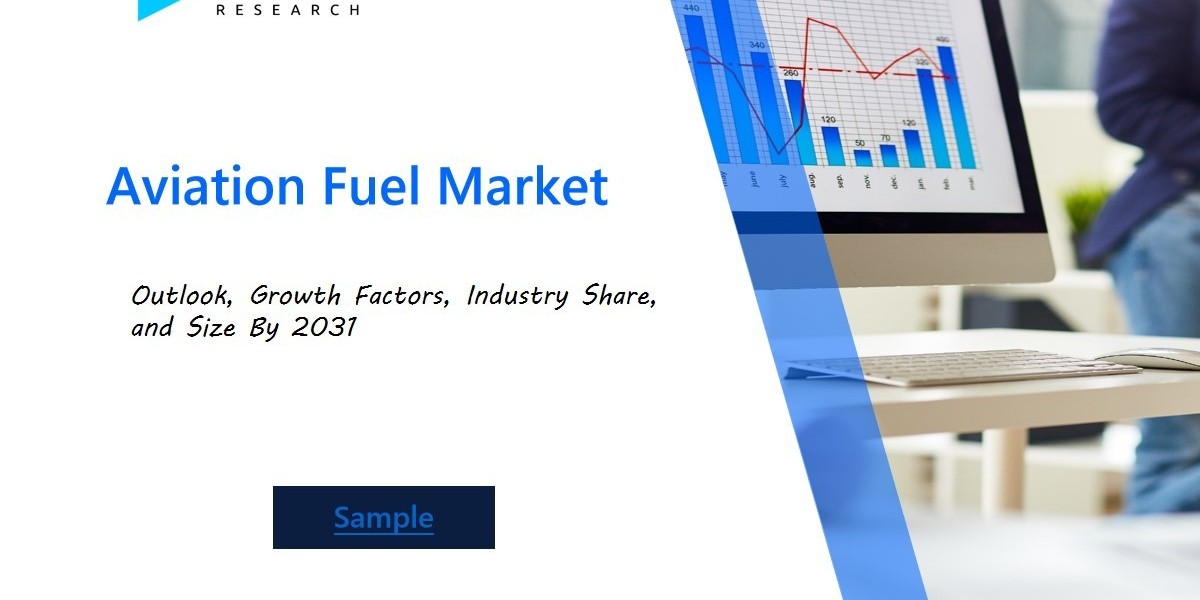Artificial intelligence has already transformed industries, but 2025 is set to introduce even more changes that will impact how businesses operate, how people interact with technology, and how automation will reshape everyday life. Companies are pushing AI to new levels, creating more advanced models, improving accuracy, and integrating AI into fields that were once entirely human-led.
In comparison to previous years, the upcoming advancements are expected to focus on personalization, efficiency, and ethical concerns.
1. AI in Business Decision-Making
Companies are no longer relying solely on human intuition to make important decisions. AI is now processing massive amounts of data to provide insights that help businesses improve their strategies. Instead of taking weeks to analyze reports, organizations can access real-time data-driven recommendations. Similarly, AI is assisting in risk assessments by predicting potential financial, operational, or cybersecurity threats. Businesses are adopting AI not only for efficiency but also for competitive advantages, allowing them to make informed choices faster than ever before.
2. AI-Generated Content and Personalization
Content creation is evolving rapidly, with AI playing a bigger role in generating articles, marketing materials, and even videos. AI-generated content is becoming increasingly indistinguishable from human-written text, leading to a rise in automated media production. In particular, businesses are using AI to personalize user experiences, ensuring that people receive recommendations tailored to their preferences. Meanwhile, AI-generated voiceovers, realistic avatars, and AI-driven storytelling are changing how digital content is produced and consumed.
3. AI-Powered Cybersecurity
Cyber threats are growing in complexity, making AI an essential tool for cybersecurity. Organizations are using AI to detect anomalies, flag suspicious activity, and prevent cyberattacks before they occur. In spite of advancements in cybersecurity, hackers are also using AI to create more sophisticated threats, leading to an ongoing battle between security systems and cybercriminals. Consequently, businesses are investing more in AI-driven security solutions to safeguard sensitive data and protect user privacy.
4. AI in Healthcare and Drug Discovery
AI is playing a critical role in healthcare, particularly in diagnostics and drug discovery. Medical professionals are relying on AI to analyze scans, detect diseases, and predict treatment outcomes. Of course, AI is not replacing doctors, but it is assisting them in making faster and more accurate diagnoses. In the same way, pharmaceutical companies are using AI to speed up the drug development process, identifying potential treatments in a fraction of the time it once took. AI is also helping hospitals optimize workflows and reduce patient wait times.
5. AI in Customer Support and Virtual Assistants
AI-powered virtual assistants and chatbots are becoming more advanced, providing human-like conversations and personalized support. Businesses are integrating AI-driven chatbots into their websites, mobile apps, and social media platforms to assist customers instantly. AI is also making customer service more efficient by handling inquiries, resolving common issues, and reducing the need for human intervention. Even though AI cannot fully replace human support, it is improving response times and enhancing customer satisfaction.
6. AI in the Entertainment Industry
The entertainment sector is increasingly adopting AI to generate music, create deepfake videos, and enhance gaming experiences. AI-generated scripts, voice cloning, and automated video editing are becoming more common, allowing content creators to experiment with new forms of storytelling. In particular, AI is being used to tailor movie and music recommendations based on user preferences, making entertainment more personalized. Still, ethical concerns about deepfake misuse remain a challenge for regulators.
7. AI and Ethical Considerations
As AI advances, ethical concerns are growing. Governments and organizations are focusing on responsible AI usage, ensuring that technology is fair, unbiased, and does not violate user privacy. AI-driven decision-making can sometimes lead to unintended biases, raising concerns about discrimination in hiring, lending, and law enforcement. As a result, companies are working to improve transparency in AI models and address ethical challenges.
8. AI in the Adult Industry
AI-driven applications are reshaping the adult industry, creating personalized virtual experiences that cater to user preferences. In comparison to traditional adult content, AI-generated content is offering more interactive and customized engagement. Businesses that operate in this space are also recognizing the importance of SEO for adult e-Commerce, ensuring that their AI-driven platforms reach the right audiences. Similarly, AI-powered chatbots and virtual experiences are being optimized through SEO services for NSFW AI chatbot platforms, allowing companies to maximize their digital presence.
9. AI in Human-Like Interactions
AI models are advancing to a point where they can simulate realistic conversations and emotional responses. This is particularly evident in AI-driven relationship simulators and companionship applications. AI girlfriend platforms are gaining popularity, offering users personalized interactions and virtual companionship. Despite skepticism surrounding AI-driven relationships, the demand for AI-generated emotional support continues to grow. These advancements indicate that AI-human interactions will become even more lifelike in the near future.
10. AI for Sustainability and Climate Change
AI is playing a key role in addressing climate change and sustainability efforts. Companies are using AI to analyze environmental data, optimize energy consumption, and develop smarter solutions for reducing carbon footprints. For example, AI-powered algorithms are helping industries minimize waste, improve logistics, and create energy-efficient manufacturing processes. Governments are also using AI to predict climate patterns and implement policies that promote sustainability.
Conclusion
AI will continue to shape industries, improve decision-making, and redefine user interactions in 2025. While businesses focus on AI-powered automation and personalization, ethical concerns and cybersecurity challenges remain at the forefront. As AI evolves, its applications will extend into healthcare, entertainment, customer service, and even human-like interactions. The future of AI is not just about automation but about creating smarter, more adaptive solutions that integrate seamlessly into daily life.



